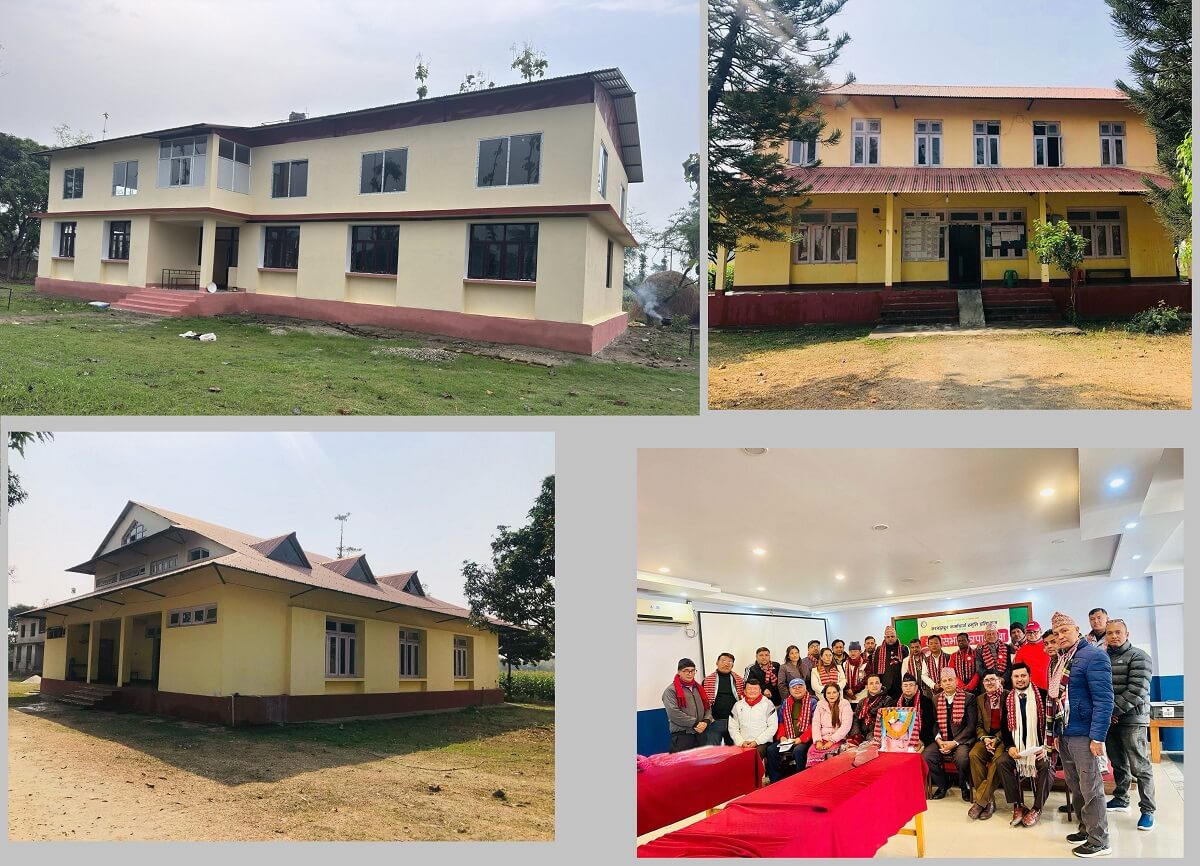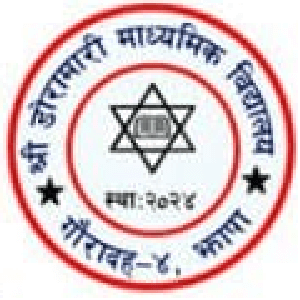Overview
Diploma in Agriculture (Animal Science) at Narbahadur Karmacharya Smriti Pratisthan, Jhapa
Animal science is vital to agriculture, supporting food production, livelihoods, and rural development. At Narbahadur Karmacharya Smriti Pratisthan (NBKSP), located in Birtamode-2, Beldangi, Jhapa, the Diploma in Agriculture (Animal Science) provides students with a strong foundation in animal health, livestock management, and sustainable farming practices.
NBKSP is affiliated with CTEVT. This three-year program welcomes SEE graduates interested in working closely with livestock and farming communities.

Curriculum Details
The program offers both academic and field-based learning. Key subjects include:
-
Animal Anatomy and Physiology
-
Livestock Production and Management
-
Animal Health and Veterinary Practices
-
Animal Nutrition and Feeding
-
Poultry, Dairy, and Goat Farming
-
Artificial Insemination and Breeding Techniques
-
Farm Management and Record Keeping
-
Pasture Management and Fodder Production
Practical sessions are held on campus in livestock farms, dairy units, veterinary laboratories, and fisheries.
Objectives
The course prepares students to support the development of the livestock sector by building technical skills, promoting animal welfare, and encouraging efficient farming practices.
Scope
Graduates of this program can find opportunities in:
-
Veterinary hospitals and clinics
-
Livestock farms and cooperatives
-
Dairy industries and poultry enterprises
-
Research centers and agricultural projects
-
Government and private sector extension services
Those interested can also pursue further studies in veterinary science, animal husbandry, or agriculture.
Learning Outcomes
Students completing the course will be able to:
-
Provide basic animal healthcare services
-
Manage livestock farms and smallholder production systems
-
Promote proper nutrition, breeding, and animal management techniques
-
Support disease prevention, vaccination, and treatment programs
-
Apply knowledge of animal welfare and sustainable livestock practices
Skill Development Modules
The training focuses on hands-on skills such as:
-
Livestock health management
-
Artificial insemination techniques
-
Dairy production management
-
Poultry and small ruminant farming
-
Farm biosecurity and hygiene practices
Teaching Methodology
NBKSP emphasizes learning through doing. Instruction is offered in English and Nepali, with classes supported by multimedia tools, laboratory exercises, farm visits, and real-life case studies.
Admission Requirements
To enroll in the program, applicants must:
-
Have completed SEE or an equivalent examination
-
Meet the minimum GPA criteria set by CTEVT
-
Pass the CTEVT entrance examination
-
Submit necessary documents, including academic certificates, citizenship proof, and recent photographs
Career Opportunities
Graduates can work in roles such as:
-
Livestock Health Technician
-
Farm Supervisor
-
Dairy Production Assistant
-
Veterinary Support Staff
-
Community Livestock Extension Worker
Their contributions support rural economies, food production, and public health.
Scholarships and Financial Aid
NBKSP provides scholarship opportunities for:
-
High-performing students
-
Students from disadvantaged groups and remote areas
-
Sponsored candidates affiliated with supporting institutions
These initiatives help make technical education more accessible.
Why Choose This Course?
Animal farming is deeply connected to people’s lives and food systems. Studying Animal Science at NBKSP gives students real-world knowledge and skills, preparing them to help farmers, improve animal welfare, and strengthen rural communities.
Conclusion
The Diploma in Agriculture (Animal Science) at Narbahadur Karmacharya Smriti Pratisthan builds more than technical ability. It nurtures a sense of responsibility toward animals, farming families, and sustainable agriculture, equipping students for meaningful careers in Nepal’s agricultural future.



















